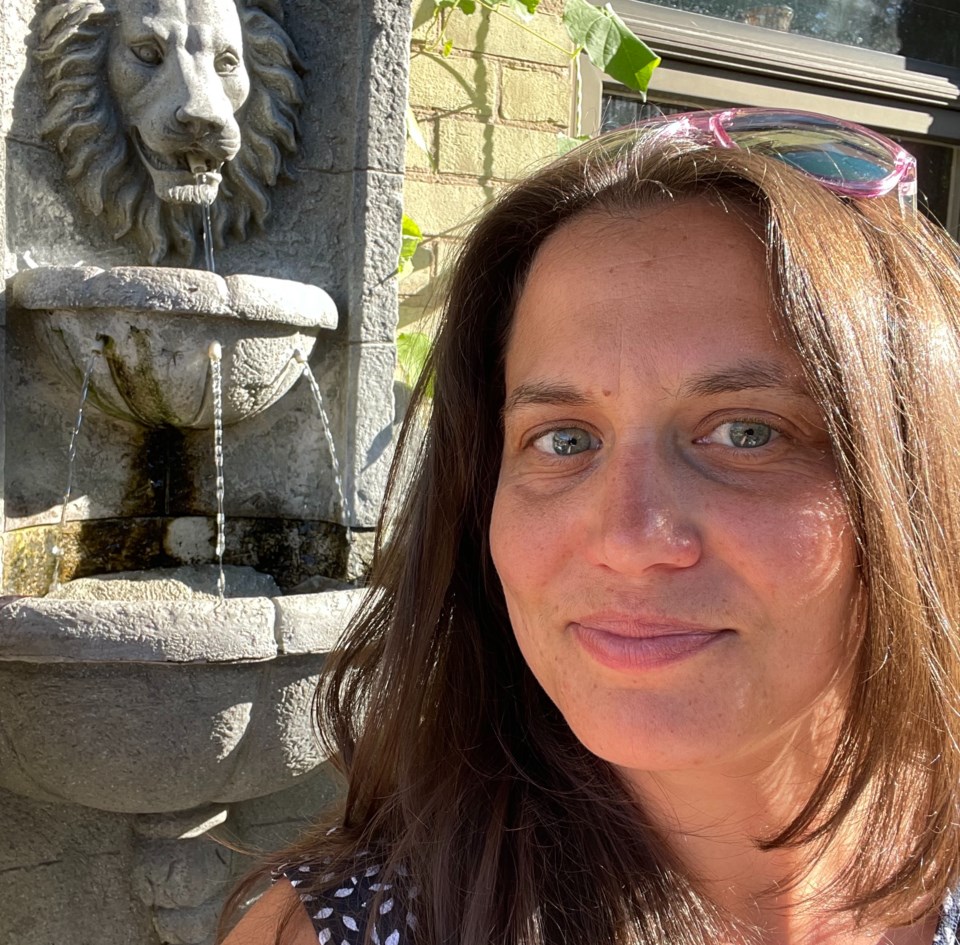Whistler physiotherapist Jana Kapp has first-hand experience with the impact concussions can have on your life.
She experienced three of them, spread over a few years, and discovered just how long and difficult recovery can be—especially if you don’t start treatment quickly in the correct way.
“It was a really hard recovery process to go through,” she said. “Now, I’m out on the other side.”
The gruelling experience inspired her to want to help others in the Sea to Sky corridor who find themselves in a similar situation. And, after weathering the pandemic and starting a family, she’s finally ready to do just that.
“Research is coming out that starting early intervention strategies will reduce the length of recovery time,” she said. “Those who don’t, they’re seeing months after the injury, more than half are still living with symptoms.”
Kapp launched Concussion Healing Space this month with both free and affordable options for locals looking for help. It includes free video resources (accessed via an app or her website) to offer the most up-to-date information on navigating the first days and weeks after an injury, as well as an affordable, weekly, virtual workshop for people living with symptoms or supporting someone with a concussion.
“Then I have a concussion focus clinic out of my house,” she said. “With physiotherapy, there is a delay in access to treatment. If they can’t get in [during] the first week or two, that’s a very valuable time to be implementing strategies. If they’re waiting or don’t know what to do or pushing themselves too hard, that will compromise healing.”
Treating concussions can be complicated for several reasons, Kapp said. With Whistler’s family doctor shortage, often patients only go to urgent care, where they’re screened for severe injury—which means milder concussions can fall through the cracks.
On top of that, it often takes the public time to learn about new best practices for treatment, and often they’ll follow old advice to simply rest.
“I’m trying to get in there so people sustaining concussions are getting information they need right away … I lived with concussion symptoms for four to five years before I applied strategies I take my clients through now,” Kapp said. “I feel like I’ve made a successful recovery … There is a recovery process to go through, but if you don’t know, you’re on your own.”
It can also be virtually impossible to discern whether a mild head injury will lead to a concussion, she said. To that end, any time you hit your head, it’s worth getting checked out.
“If there’s a mechanism of injury, you go,” Kapp said. “That’s it. Right now, we rely a lot on symptoms to diagnose a concussion, but when you leave it to symptoms alone, you might not have symptoms right away. If they’re delayed a few days or weeks and you haven’t followed protocols right away, then you do compromise your healing, that’s the hard part.”
Ultimately, Kapp hopes to spread the word about her accessible services in a part of the world where so many people are taking part in high-risk sports.
“Part of my mission is to make these services available, but also affordable to those who are living here, trying to work and don’t have a lot of money to pay for physio or treatment,” she said. “Any treatment is really expensive right now.”
For more information, visit concussionhealingspace.com.




